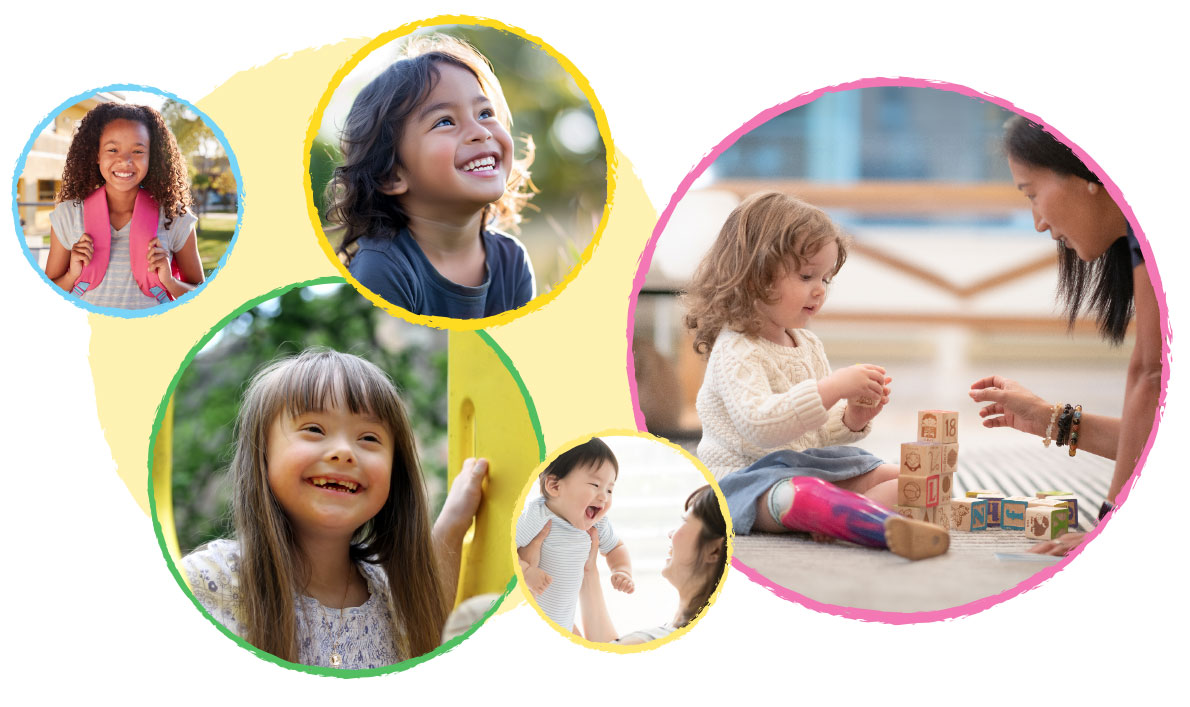Pediatric Therapy for Torticollis & Plagiocephaly
What is Torticollis & Plagiocephaly?
Torticollis and plagiocephaly are two common conditions that can impact a baby’s development. Torticollis is the tightening of a baby’s neck and postural muscles, causing the head to tilt to one side and rotate to the other side. Plagiocephaly, also known as flat head syndrome, is when a baby develops a flattening on the side or back of the head. Both of these conditions can develop in utero or when a baby spends too much time on their back or in baby containers like swings and car seats when awake. Remember, back to sleep is still recommended to reduce the risk of SIDS. If you notice symptoms of torticollis or plagiocephaly in your baby the “wait and see” approach is not recommended. The earlier a baby begins treatment the more quickly and completely it can be resolved.
Our specialized approach to treating torticollis and plagiocephaly is effective, comfortable, and enjoyable for both babies and parents.
A baby with torticollis may tilt their head in one direction, prefer looking one direction, have difficulty rolling, and dislike tummy time. Babies with torticollis may also have trouble breastfeeding on one side. Physical therapy will include range of motion, holding techniques, positioning, and home exercises to improve neck range of motion, head shape, postural symmetry and gross motor development.
A baby with plagiocephaly may have a flatness on one side of their head, asymmetrical eyes or ears, or an uneven forehead. In some cases a helmet may be required to correct a baby’s head shape. During waking hours our PTs will recommend positions like supervised tummy time or side lying, carrying, and limiting time in infant car seats, swings, and bouncers.
At Agape our PTs partner with parents to help babies improve neck range of motion and postural alignment, reach motor milestones, and normalized head shape.

